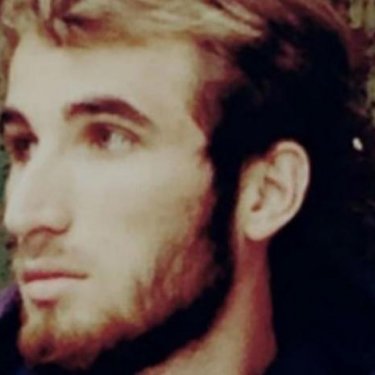On no evidence, court confirms three-year term for Chechen journalist

Reporters Without Borders (RSF) deplores yesterday’s decision by Chechnya’s supreme court to confirm the three-year jail sentence that the young journalist Zhalaudi Geriyev received from the Shali district court in September on a clearly trumped-up charge of drug possession.
As in the original trial, the supreme court was given no evidence to support the charge aside from the “confession” that Geriyev made under duress at the time of his arrest and immediately retracted.
A contributor to the independent news website Kavkazsky Uzel, Geriyev was alleged to have been possession of more than 150 grams of cannabis that he was about to smoke. But the case was riddled with contradictions and procedural violations.
The court systematically ignored defence testimony confirming that three plainclothesmen kidnapped Geriyev from a minibus that was taking him to the Chechen capital, Grozny, from where he had planned to travel to Moscow for work-related reasons.
Geriyev told the court that his abductors took him to a wood where they beat him, tortured him and interrogated him. They then confiscated his backpack and took him to a cemetery in the village of Kurchaloi, where they finally extracted his “confession” and placed him under arrest.
Geriyev’s complaints about his mistreatment were dismissed three times without any action being taken. His lawyer, Alaudi Musayev, has announced his intention to refer the case to the European Court of Human Rights.
“There are no grounds for convicting Zhalaudi Geriyev aside from a desire to punish him for his journalistic activities,” said Johann Bihr, the head of RSF’s Eastern Europe and Central Asia desk.
“We again call on the authorities to redress this injustice and quash his conviction without delay. It is high time that the international community remembered Chechnya, which is defenceless against Ramzan Kadyrov’s endless crackdown.”
Independent journalism has been almost completely eradicated in Chechnya, an autonomous Russian republic that was traumatized by two bloody wars and has been ruled with an iron hand by Kadyrov since 2007.
The complete impunity with which well-known journalist and human rights defender Natalya Estemirova was murdered in 2009 reinforced the climate of fear that reigns in the region, one that RSF has described in several reports, most recently in 2011.
Any remaining journalist who nowadays dares to defy the official consensus and obligatory pro-government enthusiasm is warned or threatened, and pressure is put on relatives. Harassment of critics has intensified in the past year. The least comment on social networks is now liable to have dire consequences.
Kadyrov often describes independent journalists and members of Russia’s liberal opposition as “traitors” and “enemies of the people.”
Russia is ranked 148th out of 180 countries in RSF’s 2016 World Press Freedom Index.



